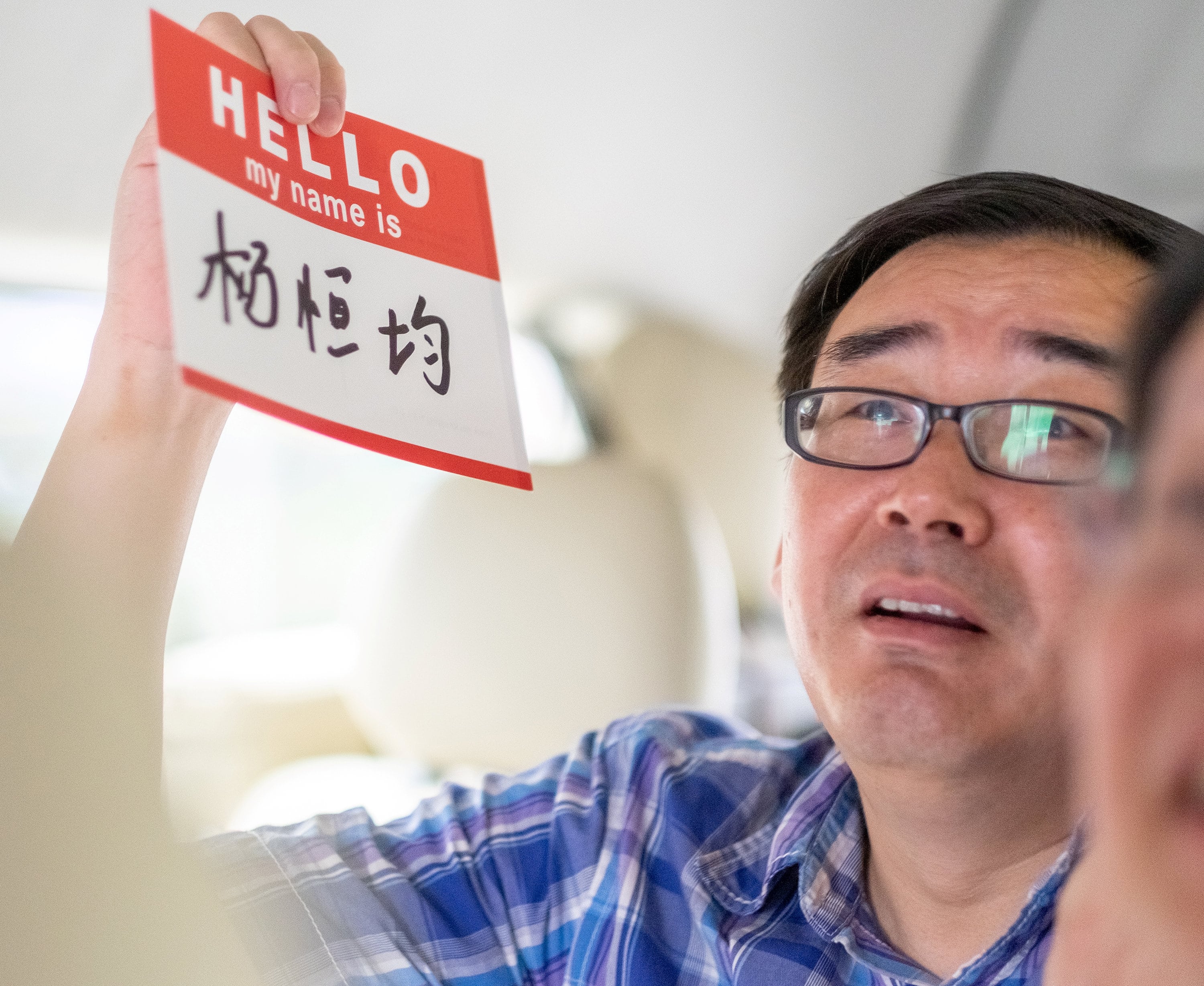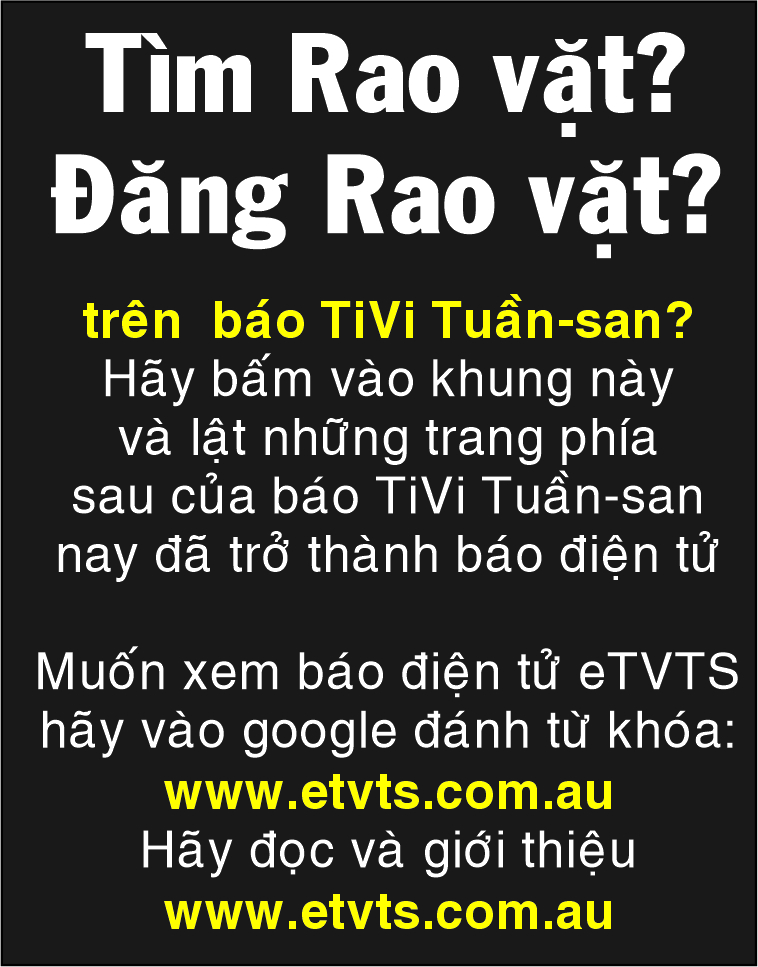Australia says China transfers writer Yang to detention in Beijing
 Yang Hengjun, author and former Chinese diplomat, who is now an Australian citizen, display a name tag in an unspecified location in Tibet, China, mid-July, 2014 in this social media image obtained by Reuters. (Photo courtesy: Reuters)
Yang Hengjun, author and former Chinese diplomat, who is now an Australian citizen, display a name tag in an unspecified location in Tibet, China, mid-July, 2014 in this social media image obtained by Reuters. (Photo courtesy: Reuters) MELBOURNE – China has moved Australian writer Yang Hengjun to a detention centre in the capital, Beijing, Australia’s foreign ministry said, just as a measure to detain him without legal representation was set to expire.
Tension between the two countries has picked up after Australia blocked Chinese telecoms giant Huawei from participating in a 5G telecommunications buildout last year.
The Chinese-born writer and businessman was detained in the southern city of Guangzhou in January, while waiting for a transfer to Shanghai after flying in from New York, where he was a visiting scholar at Columbia University.
“The Australian embassy in Beijing has been advised by a relative of Mr Yang that he has been transferred to a detention centre in Beijing,” the Department of Foreign Affairs and Trade said in a statement.
“The embassy is seeking confirmation from Chinese authorities. Australia continues to have consular access and have again asked that he be granted immediate access to his lawyers.”
China has said the city’s State Security Bureau is holding Yang under “coercive measures”, a euphemism for detention, while he is investigated on suspicion of endangering state security.
The special detention measure allows authorities to interrogate suspects for six months without necessarily granting access to legal representation. Rights groups say the lack of oversight raises concern about abuse by interrogators.
Foreign Ministry spokesman Lu Kang told a news briefing in Beijing on Thursday that as far as he was aware, the case was still being investigated.
“What I can tell you is that China’s state security authorities strictly handle cases according to law and fully guaranteed Yang Jun’s legal rights and interests.”
Reuters



